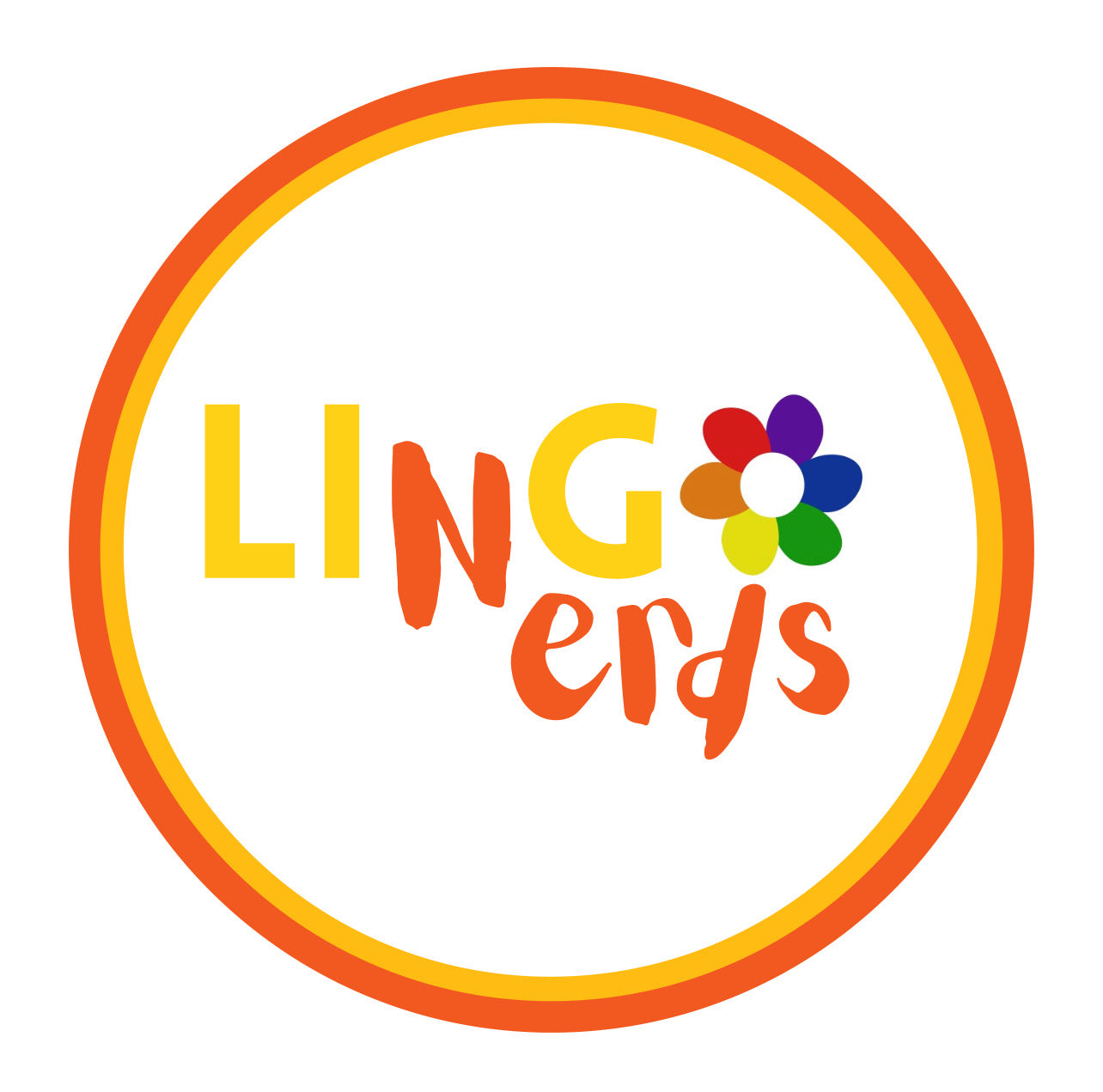Being bilingual has several cognitive benefits for the brain. Here are some reasons why being bilingual is good for your brain:

Improved cognitive flexibility
Bilingual individuals have been found to be better at switching between tasks, and adapting to new and unexpected situations. This is because their brains are constantly processing and switching between two languages, which enhances cognitive flexibility.
Better executive function
Executive function refers to a set of mental skills that allow individuals to plan, organize, and regulate their behavior. Bilingual individuals have been found to have better executive function skills, which can lead to better decision-making and problem-solving.
Delayed onset of cognitive decline
Bilingual individuals have been found to experience a delay in the onset of cognitive decline, including dementia and Alzheimer's disease. This is thought to be because being bilingual enhances cognitive reserve, which is the brain's ability to compensate for age-related declines.
Increased gray matter density
Studies have found that bilingual individuals have greater gray matter density in certain brain regions associated with language processing, attention, and executive function.
Improved attention
Bilingual individuals have been found to have better attentional control and the ability to filter out irrelevant information. This is because their brains are constantly switching between languages and inhibiting one language while using the other.
Enhanced memory
Bilingual individuals have been found to have better episodic memory, which refers to the ability to remember specific events or experiences. This may be because learning and using two languages requires the brain to constantly encode and retrieve information
Better multitasking
Bilingual individuals have been found to be better at multitasking and juggling multiple tasks simultaneously. This may be because they have developed stronger cognitive control and attentional abilities.
Improved communication skills
Being bilingual can also enhance communication skills, including verbal and nonverbal communication. This can lead to better social and interpersonal relationships.
Improved perception
Bilingual individuals have been found to have better perception of their environment and a heightened ability to perceive visual and auditory cues. This is because learning multiple languages can enhance the brain's ability to distinguish and process different sounds and tones.
Increased creativity
Bilingual individuals have been found to have increased creativity and divergent thinking abilities. This may be because learning a second language requires individuals to think more flexibly and creatively in order to communicate effectively.
Better academic performance
Bilingualism has been associated with better academic performance, particularly in areas such as language arts, math, and problem-solving. This may be because being bilingual enhances cognitive function and can improve overall learning and memory abilities.
Improved cultural understanding
Learning a new language and understanding different cultures can lead to a greater sense of empathy and cultural awareness. This can lead to better interpersonal relationships and greater social harmony.
Overall, being bilingual has several cognitive benefits that can enhance various aspects of brain function. Learning a new language can also be a fun and rewarding experience, and may even lead to new cultural experiences and opportunities.
being bilingual is good for the brain because it can enhance cognitive function and protect against age-related cognitive decline.
In conclusion, being bilingual is good for the brain in many ways. It can enhance cognitive function, protect against age-related cognitive decline, improve communication skills, increase creativity, and promote cultural understanding. Whether you are learning a new language for personal or professional reasons, the benefits of bilingualism are numerous and long-lasting. With practice and dedication, anyone can learn a new language and reap the many cognitive and cultural benefits that come with it.




